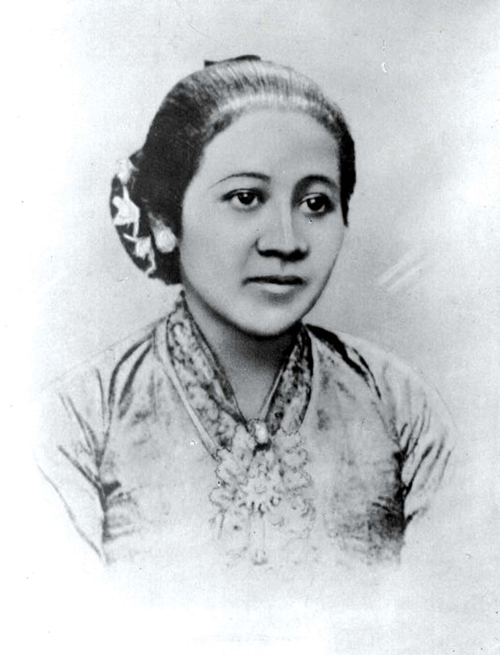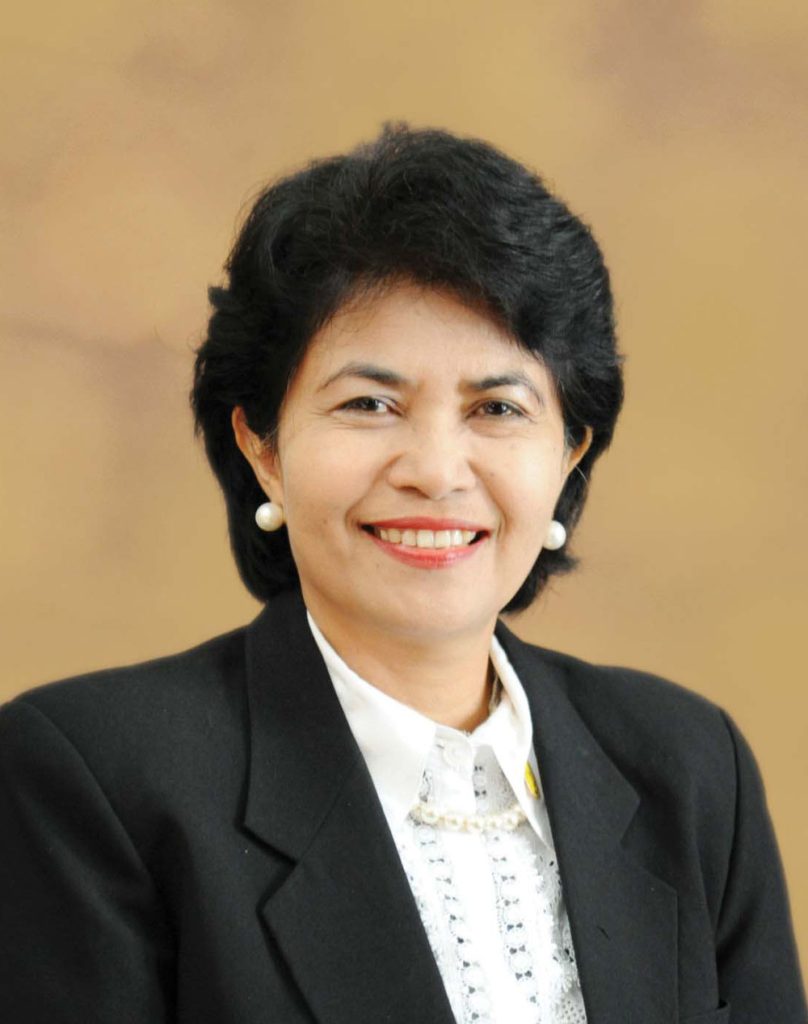Based on a Presidential Decision issued by President Sukarno in May 1964, 21st April is celebrated as Kartini Day in Indonesia, to honour the national heroine recognised as a pioneer for female emancipation in the country.
School girls and sometimes female office workers would dress up in kebayas, to go to school or work, similar to the clothes worn by Kartini in her photos. While there are many men and women who have been accorded the status of national heroes (pahlawan nasional), a few having streets named after them, only Kartini has her own special commemoration day. A song titled “Ibu Kita Kartini” by W.R. Supratman, who also composed the Indonesian national anthem, would also be sung at schools throughout the country and aired on radio on Kartini Day. So, what is so special about Kartini that a special day and an obligatory national song taught at schools have been dedicated in her honour?

Raden Ajeng Kartini, a daughter of the Bupati of Jepara, R.M.A.A. Sosroningrat, was born on 21st April 1879 and died on 17th September 1904 shortly after giving birth to her son. She attended a Dutch-language primary school, but like all girls born to the aristocracy at that time, Kartini had to go into seclusion on reaching puberty and could not continue her formal education.
Kartini was, however, a voracious reader with an inquiring mind and a strong desire for justice. She chafed at the restrictions imposed on girls, exacerbated by her awareness of the differences between the rights enjoyed by European girls compared to her countrywomen. She wrote to her many acquaintances in the Netherlands, highlighting the various restrictions and discriminations imposed on Javanese women, which included not being allowed to pursue further education, being forced to marry men chosen by their fathers, being forced to accept polygamous marriages as a matter of course, and generally being considered as inferior to men under the law.
Kartini’s numerous letters were collected and published in 1911 by J.A. Abendanon, then the Netherland East Indies’ Minister for Culture, Religion and Handicrafts, titled Duisternis tot Licht, which can be translated to “From Darkness to Light” and was also later translated into Bahasa Indonesia.
During her brief marriage to the Bupati of Rembang, K.R.M. Adipati Ario Singgih Djojo Adhiningrat, Kartini opened a school for her girls at her residence. After her death Kartini’s desire to advance education for girls was continued by her family who pioneered the establishment of the Kartini Foundation that set up Kartini Schools in many towns. Kartini’s collected letters inspired efforts to improve the lots of girls and women in general in Indonesia, starting under the Ethical policy pursued by the Dutch colonial government in the early twentieth century, that tried to address some of the excesses of its earlier colonial policies. During Indonesia’s nationalist struggle for independence women fought alongside men and ensuring equality before the law for men and women became an integral part of the nationalist movement.
There were some who criticised that Kartini “only wrote letters” and was propelled to fame by the colonial government, arguing that there were many other female heroes who had done as much if not more to advance the rights of women or even took up arms against the Dutch. Nevertheless, it cannot be doubted that Kartini’s letters that articulated the many injustices suffered by girls and women inspired a large-scale movement to address the problems of gender inequality that have persisted to this day.
Commemorating Kartini Day is more than a ritual. Kartini is held up as an inspirational figure to girls to stand up against restrictions in order to achieve their potentials. Indonesia has achieved great advances, including in the rights of girls and women since the time of Kartini. Boys and girls enjoy equal access to education and women can attain top positions in public life. Yet, despite the strong international and national commitments, achieving gender equality still has some way to go in Indonesia as well as globally. We need more Kartinis.
By Dewi Fortuna Anwar, Chair of the Board of Directors of The Habibie Center







